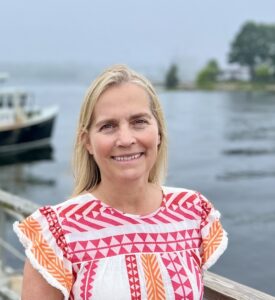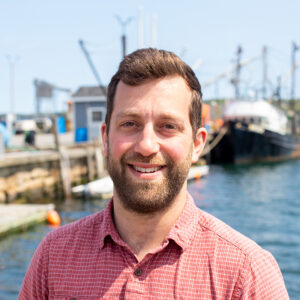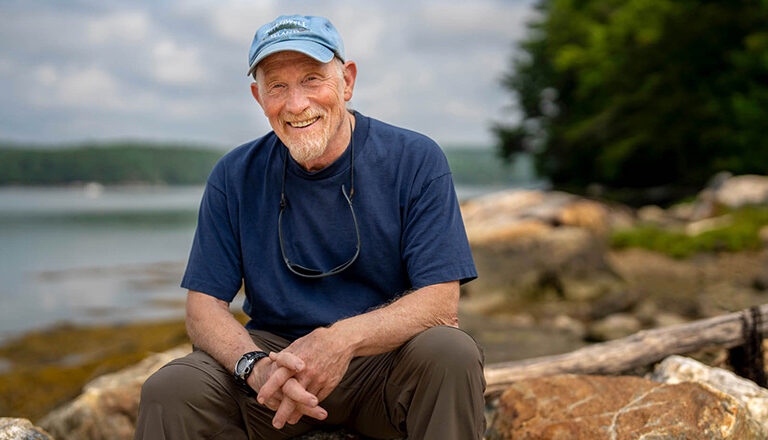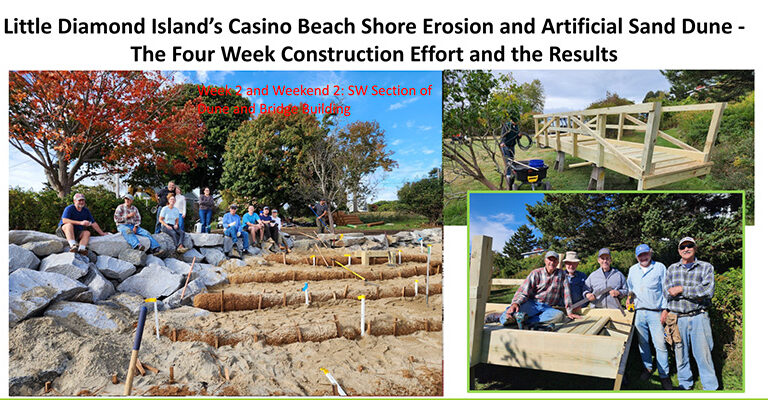Greenhouse gases produced by human activities are the primary drivers of climate change and unfortunately, right now, emissions are growing.
Because greenhouse gases stay in the atmosphere for tens to hundreds of years after being released, their warming effects on the climate persist over a long time. To slow the negative impact of climate change, we must reduce these gases.
The first step in reduction is to identify emission sources. Greenhouse gas assessments serve as crucial tools in understanding the extent of human impact on the environment and formulating effective strategies to mitigate climate change.
Greenhouse gas assessments involve the systematic measurement, analysis, and reporting of various gases that contribute to the greenhouse effect, trapping heat in the Earth’s atmosphere. The most common greenhouse gases include carbon dioxide (CO2), methane (CH4), nitrous oxide (N2O), and fluorinated gases.
The process of assessing greenhouse gas emissions looks strikingly like a financial audit.
Greenhouse gas assessments can be used in Maine’s seafood sectors to guide innovation in fishing and aquaculture by providing insights into the environmental footprint of these industries and highlighting areas where emission reductions and sustainability improvements can be achieved.

The process of assessing greenhouse gas emissions looks strikingly like a financial audit. All the inputs and outputs associated within a supply chain are identified and quantified, no matter how small. This quickly becomes an exercise in business organization and can become complicated.
While small, young businesses like those often found in Maine’s seafood industries can lack long-standing processes that are easy to assess, they also provide an opportunity. By being less entrenched in a set of practices, these businesses can adjust their operations, considering greenhouse gas assessment findings to help lower emissions and drive down costs.
Studying greenhouse gas emissions allows individual businesses to take a data-driven approach to this process and prioritize changes that lead to the most impactful results. At the industry level, emission hotspots that exist in multiple sectors can be shown to decision makers, allowing them to consider large scale initiatives.

In 2022, Island Institute partnered with Luke’s Lobster to commission a greenhouse gas assessment which highlighted the relative sustainability of Luke’s Lobster’s supply chain when compared to most other protein sources. The findings of the report also put a spotlight on fuel use in boats as a major source of their supply chain’s emissions.
This insight prompted Island Institute to prioritize marine decarbonization efforts as a core part of supporting the marine economy. Using data to drive our decision-making, Island Institute is committed to collaborating with industry partners to implement sustainable solutions in Maine’s seafood sectors.
Assessing greenhouse gases can help seafood businesses identify opportunities for innovation to help reduce their costs, support the marine environment, and enhance Maine’s reputation for environmentally sustainable seafood.
Assessments can drive the adoption of innovative technologies that reduce emissions such as the use of cleaner and more fuel-efficient engines in fishing vessels, renewable energy systems for aquaculture operations, seafood storage, and production systems, all while enhancing productivity and profitability.
Assessments can also drive consumers as surveys conducted worldwide consistently show that consumers are concerned about the environmental and social impacts of seafood production and are willing to pay a premium for sustainably sourced seafood.
Greenhouse gas assessments provide measurable evidence to show consumers environmentally friendly practices.
Greenhouse gas assessments of fisheries and aquaculture in Maine offer valuable insights and opportunities for innovation by identifying emissions hotspots, driving technology adoption, supporting ecosystem-based approaches, and exploring carbon offsetting and sequestration strategies. By leveraging these assessments to inform decision-making and investment in sustainable practices, fishing and aquaculture industries can reduce their environmental footprint while enhancing resilience and profitability in the face of climate change.
Sam Feldman (sfeldman@islandinstitute.org) is a community development officer with Island Institute, publisher of The Working Waterfront, working on marine economy issues. Jennifer Seavey (jseavey@islandinstitute.org) is the organization’s chief programs officer.




